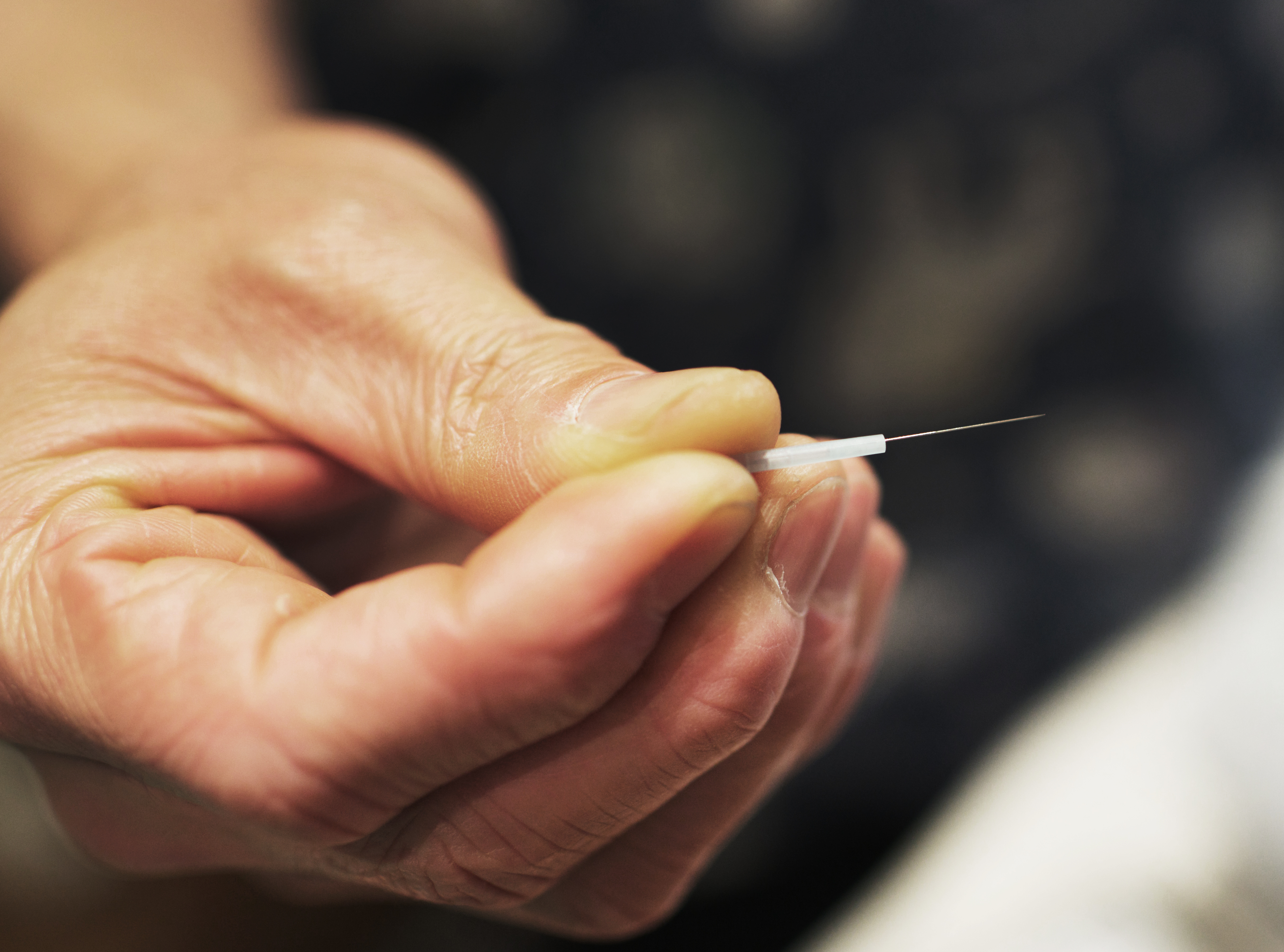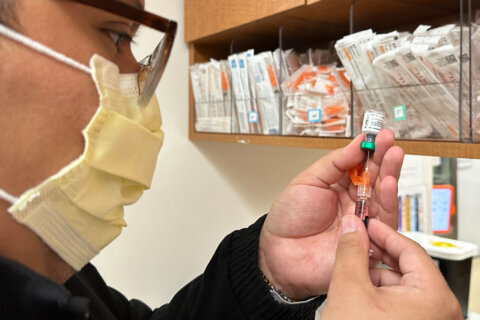
WASHINGTON — An A-Z guide from Consumer Reports helps seekers of alternative medicine sort through what’s safe and worth trying, versus what’s ineffective or, worse, dangerous.
Americans spend billions on alternative medications every year, despite a multitude of studies suggesting some of the most commonly spread household treatments are no more effective than a glass of water at treating ailments. Some can be placebos at best, and dangerous at worst.
But there’s good news for people looking to supplement clinical medicine, alleviate common health problems or stay healthy outside of the doctor’s office. Acupuncture, yoga and tai chi have proved promising for pain relief, and natural products including berries are a well-documented boon to maintaining a healthy diet. With proper research and a responsible approach, there are some “complementary medicines” worth taking on.
In its November issue, Consumer Reports included a comprehensive guide to help figure out which alternative treatments are safe and effective — and which are bogus.
Below are some highlights. Read the full study at Consumer Reports’ website.
Acupuncture
The jury is still out on whether the needle-based therapy rooted in ancient Chinese tradition is effective as a cure for chronic pain. In a 2007 Consumer Reports survey, nearly three-quarters of back pain sufferers who had undergone the treatment felt significant results — but scientific studies are ongoing to determine whether those improvements have a basis in reality or are the results of a placebo.
According to the National Center for Complementary and Integrative Health (NCCIH), “research suggests that acupuncture can help manage certain pain conditions, but evidence about its value for other health issues is uncertain.”
There are studies that suggest acupuncture can lead to relief for suffers of osteoarthritis, headaches and back or neck pain, Consumer Reports wrote. It also shows some promise in quelling the return rate of severe headaches and migraines — but until science understands the exact mechanism by which acupuncture interacts with the body, its effectiveness is debatable.
“Current evidence suggests that many factors — like expectation and belief — that are unrelated to acupuncture needling may play important roles in the beneficial effects of acupuncture on pain,” per the NCCIH.
Apple Cider vinegar
Pouches of Apple Cider vinegar have been advertised for years as a treatment for high blood pressure and even a cancer-killer. But a gastroenterologist told Consumer Reports that it has little scientific basis as anything more than a role in salad dressing.
Frequently get heart burn? Consider that drinking vinegar might not be too good for you. And according to Consumer Report, regular use can even trigger nausea, erode tooth enamel and burn your throat.
Ear candling
Research suggests that setting fire to/near your ear is not an effective or safe solution to excess ear wax.
“Ear candling” is a home remedy that purportedly cleans the ear canal and cleans sinuses by using a lit, hollow candle to vacuum out debris. Needless to say, it’s not only ineffective, but dangerous to boot.
A 2017 review cited by Consumer Reports found that candling is “ineffective and dangerous, with reports that it can block the ear with wax, damage hearing and — surprise, surprise — set hair on fire.”
Meditation and yoga
Mindfulness is a proven strategy of keeping stress, and the plethora of ailments it can lead to, at bay. Meditation, breathing exercises and a reasonable yoga regiment are a few techniques to consider, said Consumer Reports, citing a 2017 study in which a group that consistently practiced mindfulness techniques had lower levels of stress-related hormones.
To lean more, Consumer Reports recommended heading to the NCCIH’s information portal on health and stress.
Multivitamins
A spate of scientific evidence against the true health benefits of multivitamins has cast doubt on the often expensive, over-the-counter supplements.
While individual nutrient supplements still show promise, common multivitamins often pack so much into a single dosage that the body fails to adequately process it all. The result is that a majority of the vitamins pass straight through the body, without being absorbed.
“Multivitamins have an image of being able to compensate for deficiencies in the diet,” Dr. JoAnn Manson, of Harvard Medical School, told Consumer Reports, “but (they’ll) never be a substitute for a healthful and balanced diet.”
Omega-3
If you have a history of heart-related conditions, studies show there might be some promise in Omega-3 dietary supplements.
Omega-3 is a category of fatty acids frequently found in fish, nuts and seeds. They’re frequently cited as heart-healthy, and a 2017 review by the American Heart Association cited by Consumer Reports found some benefits for people suffering from a number of heart diseases — although evidence is still lacking for whether the oils can prevent heart problems in otherwise healthy people.
Melatonin
Melatonin plays a vital role in the human body as a hormone mainly produced by the brain’s pineal gland. It plays a key part in regulating the human circadian rhythm — the natural sleep-wake cycle.
The effects of Melatonin on the human body are well-documented, but according to Consumer Reports, many products claiming to be Melatonin supplements in reality lack the substance at the all. On closer inspection, some turned out to be serotonin, another hormone that regulates mood.
For a safe approach to alternative medicine, Consumer Reports recommends doing ample research, being choosy about practitioners, considering the cost and thinking holistically. The NCCIH, the National Institutes of Health, and the Cochrane Collaboration are reputable sources of information to consult.








